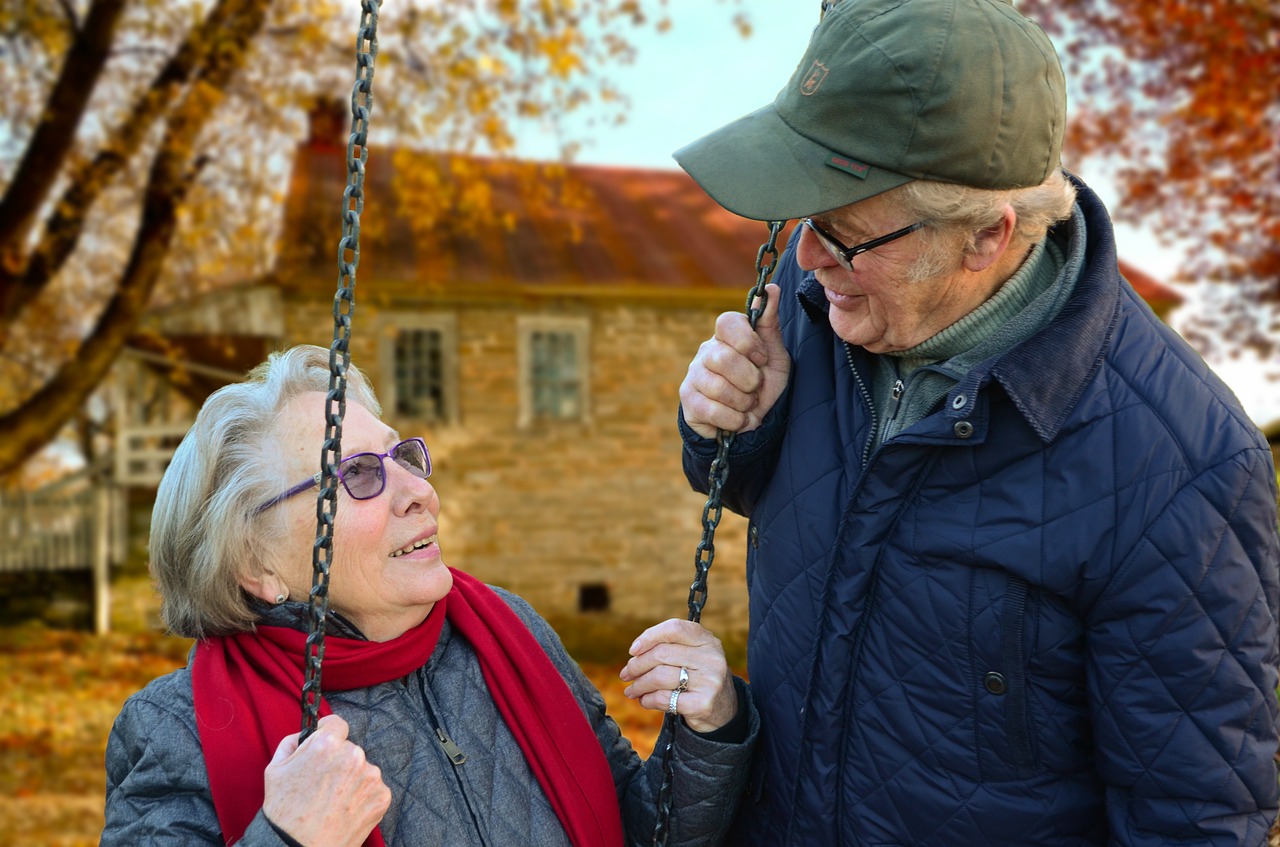Are you at risk of falling?

It’s important to remember that anyone can have a fall, especially if they have a long term health condition which can affect their balance and co-ordination. As part of the natural ageing process, it does mean that older people will be more at risk of having a fall.
We can’t stop ourselves from getting older. However, by understanding the risks associated with having a fall and the preventative measures we can take, before we have a fall, we can help lower the risk.
Checklist
Take a look at our handy checklist, to see if you may be at risk of having a fall.
- I’ve had a fall, but not been to see anyone about it.
- I haven’t reviewed my medication with my GP practice within the past 12 months.
- I often need to get up to go to the toilet during the night.
- I don’t think I’m as active as I should be (I do less than five sessions a week of 30 minutes moderate activity).
- I sometimes feel light headed, dizzy or weak when I stand up or walk.
- I struggle to keep on top of basic tasks around the home.
- I haven’t had my eyes tested in the last year.
- I wear bifocals or varifocals.
- I’ve got quite a lot of clutter in my home.
- I don’t think I drink enough fluids every day (3 pints / 1.6 litres for women and 3.5 pints / 2 litres for men).
- I struggle to take proper care of my feet.
- My slippers have probably seen better days.
- I have a long term condition, such as diabetes, arthritis, dementia, heart disease or Parkinson’s.
- I turn off all unnecessary lighting, to help save my electricity costs.
- I think I drink more alcohol than the recommended limit (14 units a week for men and women).
- I often catch my feet on things which could trip me up, such as the dog or my grandchildren.
- I’m not always that warm in my home.
- I worry about feeling unsteady or tripping over when I leave the house, so I don’t go out as much as I should or I’d like to.
Download your free checklist now
If you think you may be having a few mobility problems, which could put you at a higher risk of falling, try the below timed up and go test from the Chartered Society of Physiotherapy.
Up and go test film
Please note: This is not a replacement for professional advice from your General Practice Team or Pharmacist. If there is a genuine concern about falling, you should request a comprehensive falls assessment from a qualified professional.
Top tips!
- It’s always best to plan ahead and prepare yourself and your home, just in case you do have a fall. It will help give you and your family peace of mind, knowing that you’re fully prepared.
- Make sure you look after yourself by being more active, eating well and staying hydrated, whilst also using our checklists to make your home and garden as fall proof as possible. These small steps and changes can help you lower your chance of having a fall. Find out more on our how to reduce your risk of falling page and staying safe in your home page.
- If you have a mobile or cordless phone, try to remember to carry it around the house with you, but ensure it’s charged and switched on. Programme the numbers for family, friends and neighbours into all your phones, especially the ones who live nearby and can help if you need them to.
- Place cushions, blankets and a bottle of water around your home. Keep them at floor level, so if you fall, you can easily reach them to stay warm, comfortable and hydrated. Wherever you decide to place them, make sure it doesn’t become an additional trip hazard!
- If you don’t already have a lifeline alarm, consider getting one, as all you’ll need to do is push the button and help will be on its way to you.
- Try practising getting up from the floor, so if you do have a fall, you know what to do and how to do it safely. Take a look at the short RoSPA film on the what to do if you have a fall page.
